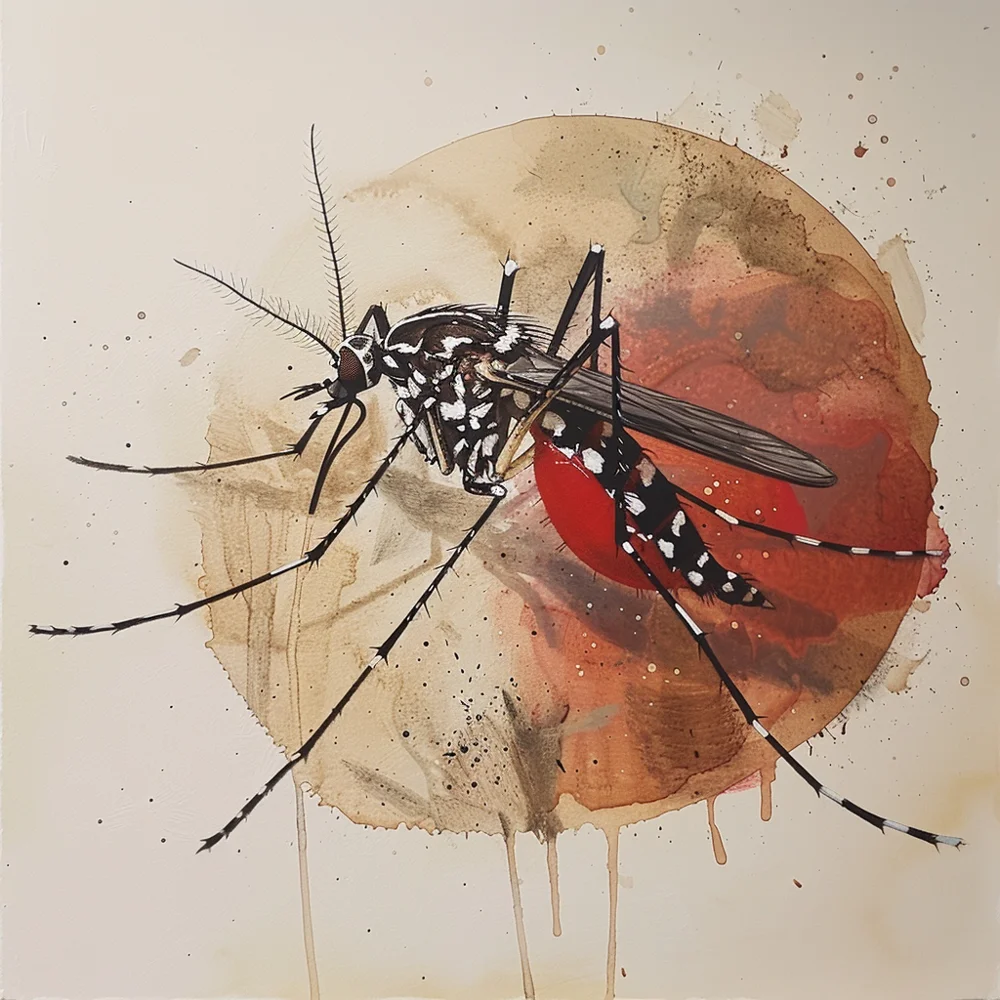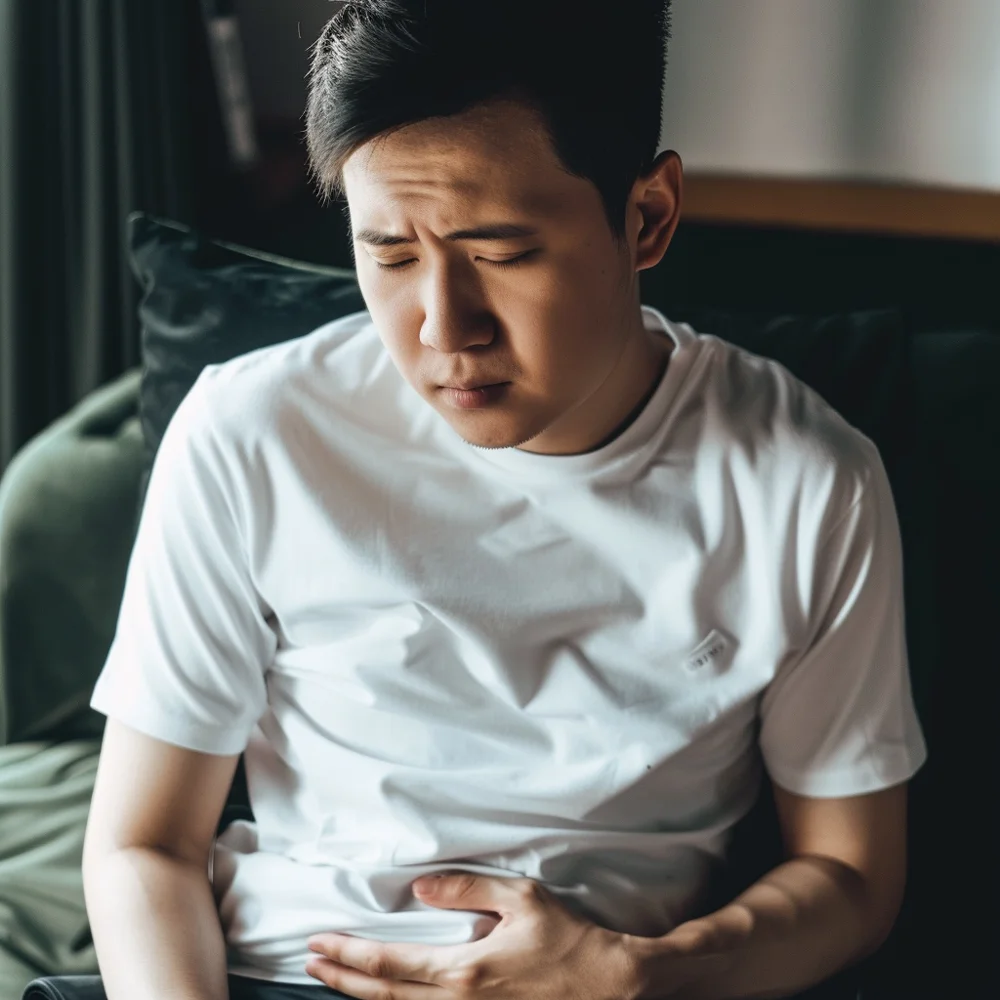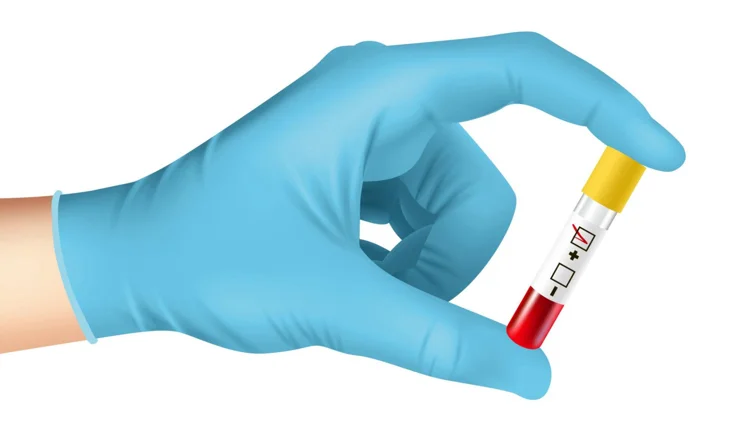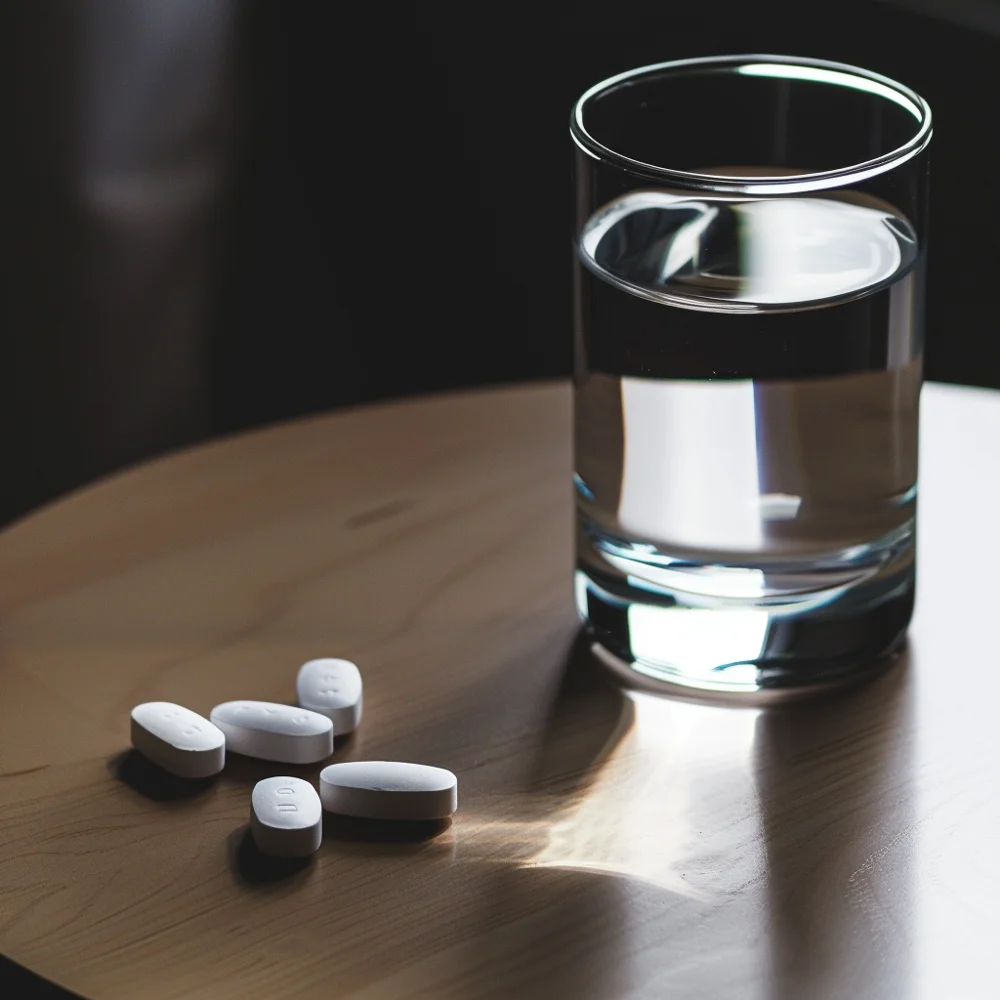Dengue Blood Test
Last updated: Dec 20, 2025
A dengue blood test is used to detect dengue fever, a viral infection caused by the dengue virus. In Singapore, four types of dengue viruses (DENV 1 to 4) circulate, all transmitted through bites from infected Aedes mosquitoes.
Dengue remains a significant public health concern locally. Between January and July 2024, Singapore recorded over 10,000 dengue cases, exceeding the total number of cases for the entire year of 2023.
Early testing is important for confirming diagnosis, monitoring for warning signs, and preventing complications such as dengue haemorrhagic fever.

Symptoms of Dengue Fever
Symptoms of dengue fever generally appear 4 to 7 days after being bitten by an infected mosquito:
- Sudden high fever for 2 to 7 days
- Severe headache, with pain behind the eye
- Pain in joints and muscles
- Nausea and vomiting
- Rashes
- Mild bleeding such as from the nose or gums, or easy bruising of the skin
Severe Dengue
Severe dengue, which includes serious conditions like dengue hemorrhagic fever or dengue shock syndrome, is rare but may cause dangerous health problems that could be life-threatening. Signs of severe dengue can show up 3 to 7 days after the initial symptoms start, often after the fever has gone down. These signs include:
- Frequent vomiting
- Blood in gums, nose, vomit and stool (or black stool)
- Severe abdominal pain
- Fluid accumulation in chest and abdomen
- Lethargy and restlessness
If you are experiencing such symptoms, it is crucial to seek medical attention urgently. Early medical intervention can prevent the progression to severe dengue and reduce the risk of complications.

Types of Dengue Blood Tests
Diagnosing dengue involves laboratory tests on a person’s blood sample to detect different components of the virus (antigen) or the body's immune response to it (antibody):
NS1 Antigen Test
The NS1 antigen test is one of the most common tests for dengue in Singapore. It detects the non-structural protein 1 (NS1) antigen of the dengue virus, which is present in the blood usually during the early stages of the infection. As such, it is used particularly within the first week of symptom onset and provides rapid results, aiding in early diagnosis and management.

IgM & IgG Antibodies Tests
These tests detect antibodies produced by the immune system to fight the dengue infection. IgM antibodies typically appear within 5 days after symptom onset and indicate recent infection, while IgG antibodies develop later and can persist for months and years, indicating past infection. These tests are useful for confirming dengue, especially in the later stages of the disease.
Erythrocyte Sedimentation Rate (ESR)
While not a primary diagnostic tool for dengue, the ESR test can help assess the extent of inflammation in the body. Elevated ESR levels can support the diagnosis in the context of other tests for dengue but are not definitive on their own.
Dengue Rapid Test
The dengue rapid test uses immunochromatographic techniques to detect the presence of dengue antigens (such as NS1) or antibodies (IgM and IgG) in a person's blood. Results are available in about 15 to 20 minutes, providing a quick and convenient method for initial dengue screening.
Dengue Blood Test Price in Singapore
At ATA Medical, a blood test typically takes less than 30 minutes to provide at our clinics. Our prices are listed as follows:
| Test | Price* |
|---|---|
| Consultation | $49.05 |
| DEN1 (Full Blood Count, ESR, NS1 Antigen, IgG & IgM Antibodies) | $87.20 |
| DEN2 (NS1 Antigen, IgG & IgM Antibodies) | $76.30 |
| DEN3 (Full Blood Count, ESR, NS1 Antigen, IgG & IgM Antibodies) | $82.84 |
| Dengue Duo Kit (NS1 Antigen, IgG & IgM Antibodies) - Rapid Test | $59.95 |
^Prices last updated on Jan 28, 2026. While every effort is made to keep pricing information up to date, please contact our team to confirm the latest rates.
Treatment for Dengue Fever
There is no specific antiviral treatment for dengue fever, but early and supportive care can greatly improve outcomes. The primary focus is on managing symptoms and preventing complications. This can include:
- Hydration: Maintaining adequate fluids is crucial to prevent dehydration, which can worsen the illness.
- Medication: Paracetamol can help manage fever and pain. Avoid medications like aspirin or ibuprofen, which can increase the risk of bleeding.
- Rest: Getting sufficient rest allows the body to recover.
- Monitoring Vital Signs: Regularly monitoring temperature, blood pressure, and heart rate helps your doctor assess the severity of the illness.
In more severe dengue cases, intravenous (IV) fluid replacement and blood transfusion might be required. Please consult a doctor for medical advice on how to manage your symptoms appropriately.

Summary
Early and accurate diagnosis of dengue fever is vital for effective management of the disease. Various tests such as the NS1 antigen test, PCR test, and IgM/IgG antibody tests are widely used to ensure timely and accurate detection of the virus, helping to mitigate the impact of this potentially severe disease. If you suspect you have dengue or are experiencing symptoms, especially if you have been in a dengue-endemic area, consult a doctor and get tested as soon as possible.
How Do I Book a Dengue Blood Test Appointment in Singapore?
ATA Medical @ Orchard
Nearest MRT: Orchard Boulevard Station (TE13)
Contact Number: 6223 0682
Email: camden@atamed.sg
Opening Hours:
Mon - Fri: 8:30 AM to 12:30 PM, 1:30 PM to 5:30 PM
Sat: 8:30 AM to 12:30 PM
Sun & PH: Closed
ATA Medical @ Tanjong Pagar
Nearest MRT: Tanjong Pagar Station (EW15)
Contact Number: 6223 0682
Email: hi@atamed.sg
Opening Hours:
Mon - Fri: 8:30 AM to 12:30 PM, 1:30 PM to 5:30 PM
Sat: 8:30 AM to 12:30 PM
Sun & PH: Closed
ATA Medical @ Jurong
Nearest MRT: Jurong East MRT Station (NS1/EW24)
Contact Number: 6348 6292
Email: jurong@atamed.sg
Opening Hours:
Mon - Fri: 8:30 AM to 12:30 PM, 1:30 PM to 5:30 PM
Sat: 8:30 AM to 12:30 PM
Sun & PH: Closed


